Best Swords That Were Used for Combat in History
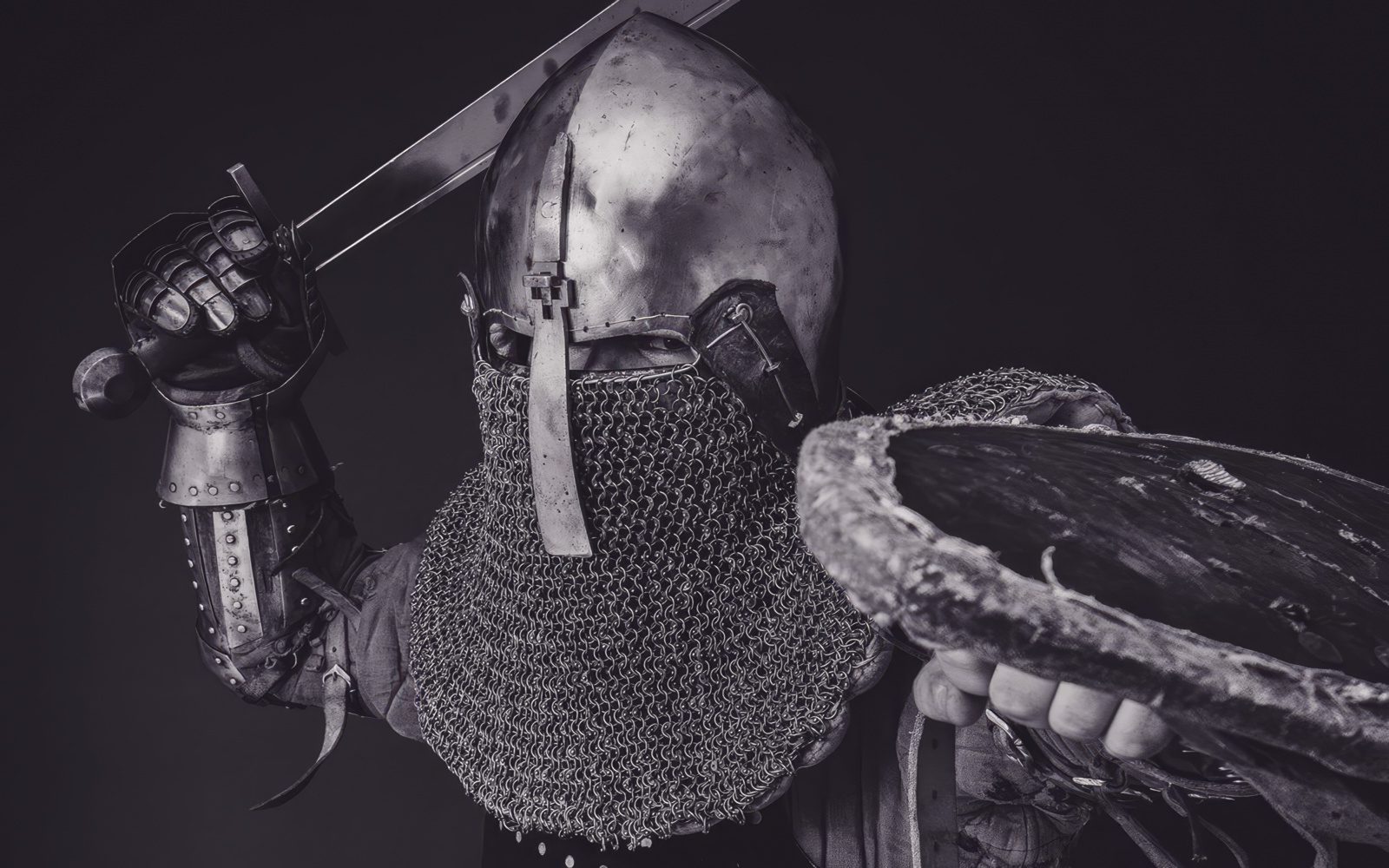
What’s in this article?
The sword is an edged weapon of war that has been used throughout history for various types of combat, ranging from open battlefields to high and narrow mountain passes to the arenas where gladiators fought for their lives. The sword was also used in certain kinds of sword fencing with specific rules. No matter the combat scenario, there is an ideal sword.
This article will discuss some of the most commonly used swords in combat. We will focus on those that had the biggest impact throughout the history of the battle.
Sword Fighting in History

The sword was one of the most used weapons of war throughout history, possibly as far back as 3000 BCE. It started as a decorative, ceremonial, and class-defining weapon that was an extension of the smaller knife or dagger. With time and technological advancements, the sword became one of the most preferred weapons of combat for many cultures.
While spears, polearms, and axes were frequently the primary weapon of war for most of history, the sword has always ranked highly as a choice weapon for warriors of several civilizations. While swords lacked the reaching power of the spear, they were capable of inflicting a considerable amount of fatal injuries.
The sword’s versatility made it one of the most effective tools for combat throughout history. It was easily transported and competent against front-line shields and one-on-one duels.
1. The Katana
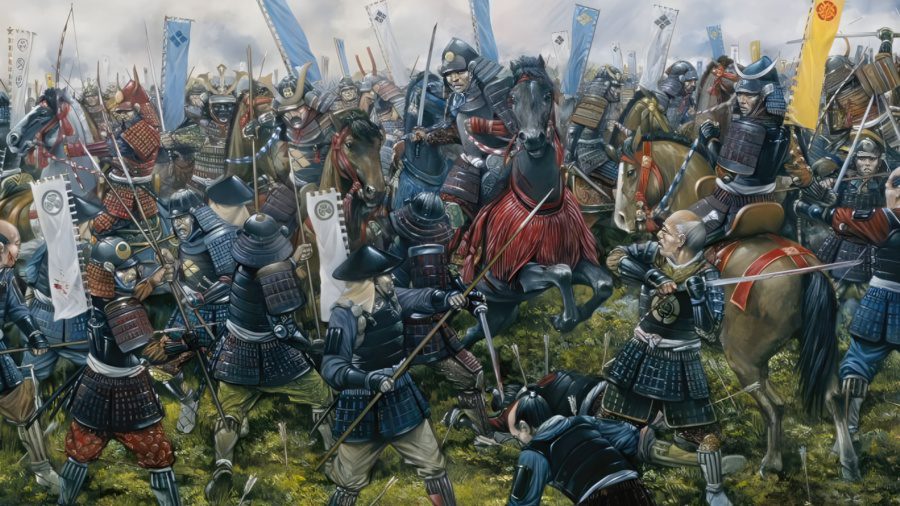
The katana is the sword associated with the legendary samurai of Japan, appearing during the 14th century. It is a two-handed weapon with a single-edge blade used for powerful, swift, and precise cutting attacks. It was commonly used in combat practice training and is still the most popular training sword today, seen in combat martial arts such as Iaido, kendo, aikido, and ninjutsu.
Katana swords were secondary weapons of war, second in line to the tachi sword. The katana, however, didn’t get replaced and became more of a dress item and grew as a cultural Japanese piece due to the closing of Japanese relations to the outside world during the peaceful Edo Period. This resulted in the katana becoming more of an art piece than a battle tool in the Japanese community.
2. The Gladius
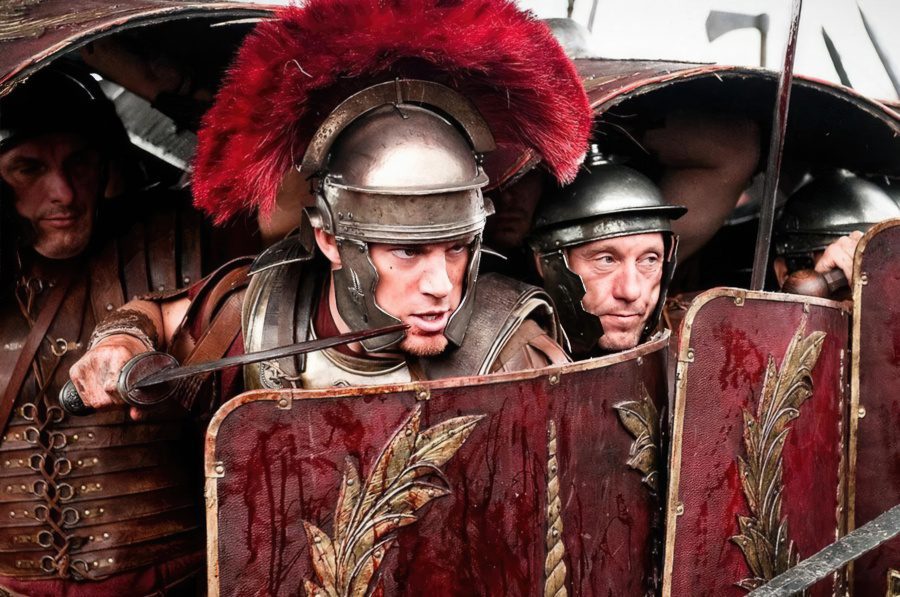
The gladius is a one-handed shortsword with a straight, double-edged blade used for powerful chops and thrusts. It is the most famous sword in history, used by the Romans when they conquered the Mediterranean world starting in the 2nd century BCE. Soldiers were taught to use this small sword as an extension of their hand, and when combined with the Roman discipline of war, it resulted in a combat tool like no other.
Though much smaller, the gladius managed to hold up against the large Macedonian sarissa spear due to its versatility in battle formations. It was used for several centuries and brought great success to the Roman Empire until it was eventually replaced with the larger spatha used in cavalry.
3. The European Sabre
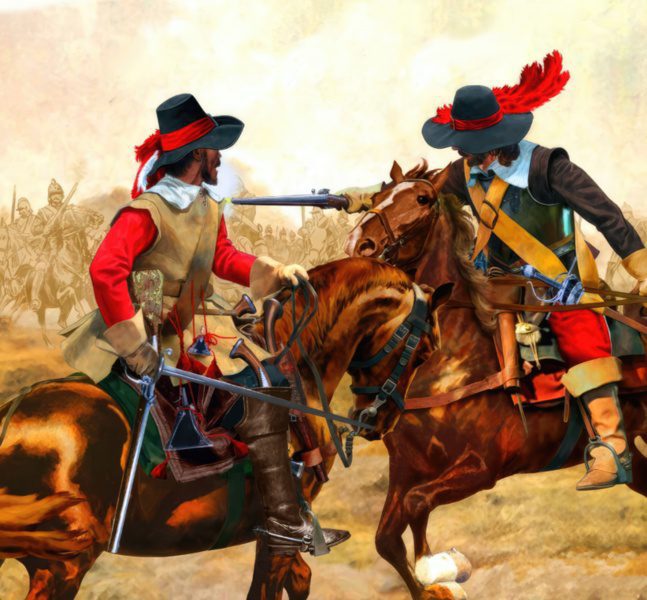
During the 18th century, the sabre used in Europe became predominant and replaced most swords used during the late Middle Ages and the Renaissance thanks to its simple yet elegant and functional design, gaining dominance in the British Army. These sabers gained popularity as the use of armor on soldiers diminished. They were used in mounted cavalry to disrupt the long lines of muskets and rifles.
Many different sabre designs emerged. Heavier European sabers were made for the faster dragoon cavalry units. Lighter and smaller sabres acted as secondary blades for melee combat, while others, such as the cutlass, became the primary sword during naval warfare.
4. The Carolingian or Viking Sword
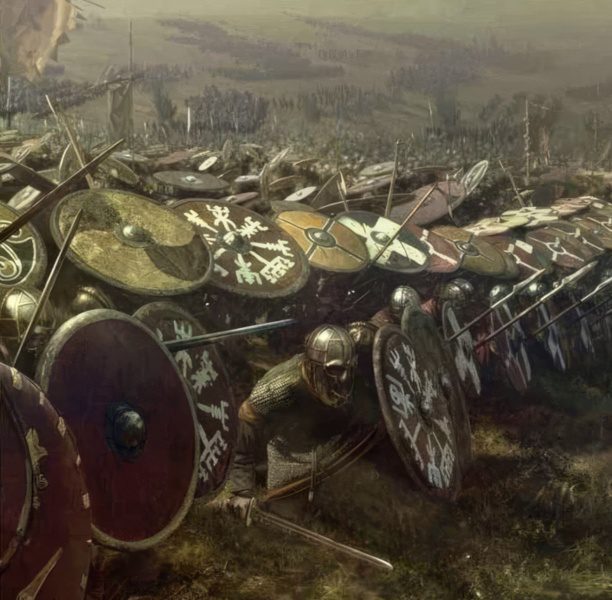
One of the most used swords in the Early Middle Ages was the Carolingian or Viking Sword. This double-edged one-handed sword was one of the most technologically advanced swords of its time. Its designs, such as the ulfberth, were likely created in the lower Rhine regions of modern-day Germany and passed on through the majority of Europe’s warriors.
The Viking sword got its name because it was a favorite of Scandinavian warriors, who were often buried with them. The Viking sword was developed after the spatha sword and influenced a significant amount of European blades thanks to its massive success in combat.
5. The Arming Sword
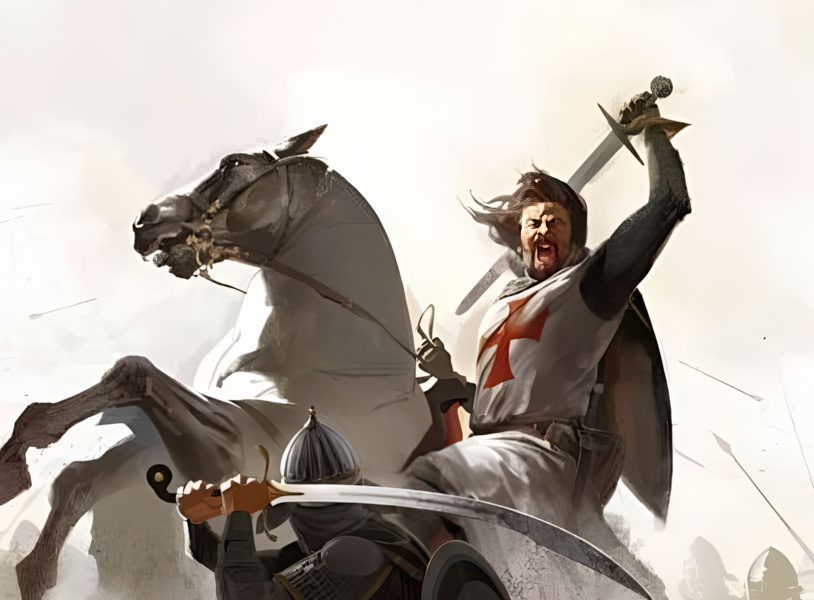
The first sword used by the European knights was the arming sword, also known as the knightly sword. It is a one-handed double-edged blade that first bore the well-known cruciform crossguard type. Its great success in combat was due to the continued design of the Viking and gladius swords, along with improvements that allowed it to provide better protection and longer reach, while still being useful for stabbing and slashing wounds.
The arming sword is commonly linked with the Crusader sword used by the Knights Templar from the 12th to the 14th centuries. Most European warriors continued to use this type of blade spanning from the fields of Western Russia to the Scottish Highlands.
6. The Longsword
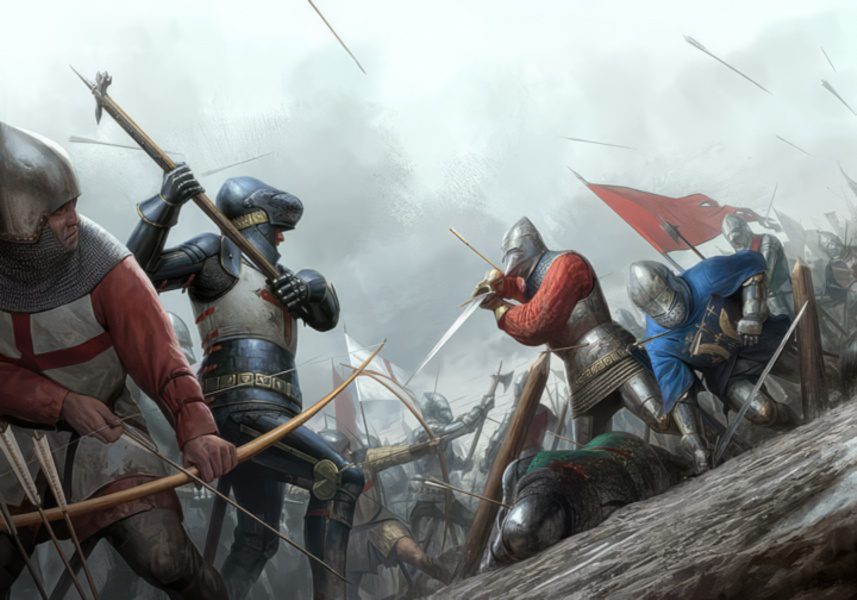
The longer and larger version of the arming sword was the longsword. The use of the longsword emerged during the 14th century, especially during the Hundred Years War (1337-1453). It is a two-handed sword recognized as one of the strongest swords in history by many sword experts thanks to its versatility.
The longsword, along with the arming sword, was one of the only swords to be used as a primary weapon on the medieval battlefield and brought tremendous success to its wielders. Its time in history was limited due to the technological advancements during the late 15th century that brought the musket to popularity.
7. The Dao Sabres

Dao sabres are the Chinese preferred weapons of combat that slowly replaced the straight jian swords starting as early as the Han Dynasty during the 1st and 2nd centuries CE. Like the Tang Dao, Dao sabers are single-edged and could be straight but are more popular as curved weapons. The curved designs varied in different forms, such as the liuyedao, yanmaodao, miaodao, changdao, and dadao.
These sabres were seen in all types of combat in the Chinese military, from infantry shield tactics to cavalry-mounted, fast-slashing formations. Some dao sabers were effective and designed to hold up to armor, while some were made and excelled against unarmored opponents, which resulted in the swords being used in the Second World War.
8. The Scimitar
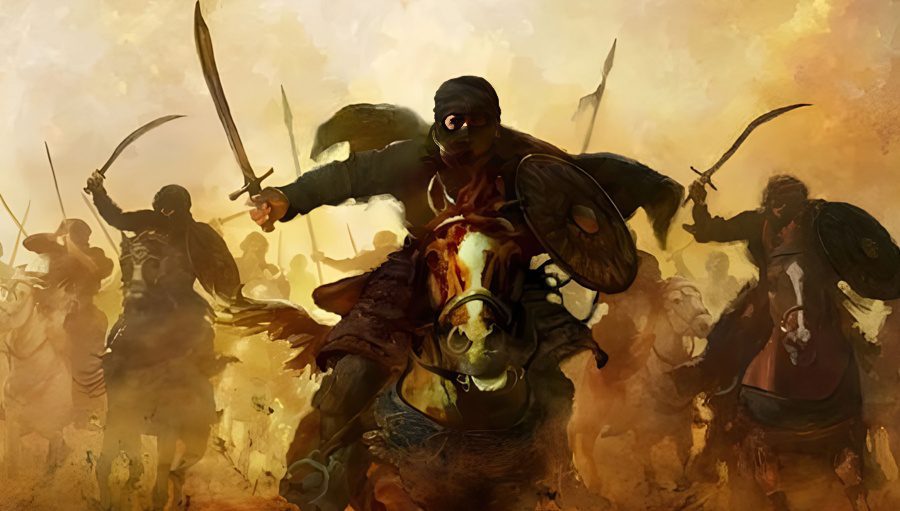
Scimitar swords are curved and single-edged, one-handed blades most popular in Middle Eastern regions. They were brought and influenced slowly by the Turkic-Mongol saber in the east as early as the 9th and 10th centuries, and as cavalry usage grew, the scimitar became the preferred sword in the area.
Scimitars can be split into groups like the shamshir, talwar, kilij, and nimcha. They vary in design; some feature significant curves, while others have a softer curve with a broadened blade tip. Scimitars were successfully used in history for over half a millennium and today remain one of the most popular thanks to the use of Damascus steel.
9. Khopesh

The khopesh was one of the first and most effective swords to be used in history. These swords are usually linked with ancient Egypt and Mesopotamia during the Bronze Age, and their design was inspired by a sickle or an epsilon axe, following the same shape. The khopesh was made from bronze and was used during foot combat combined with a shield.
The khopesh was much more than just a combat piece. It was a ceremonial attraction and a class-defining instrument commonly seen on Pharaohs and people of rank. It would inspire many different swords in the coming years and is still used today in HAMA (Historical African Martial Arts).
10. Kopis
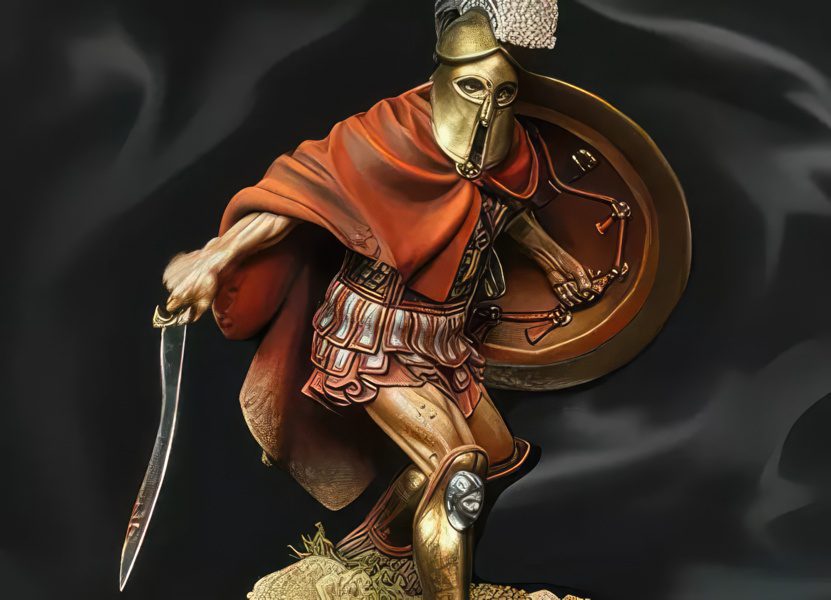
Alongside their longer spears, the kopis was the shortsword used by the ancient Hellenistic cultures as a secondary weapon. It is a one-handed curved, single-edged sword with a forward-swept blade. This design makes it a powerful chopping and thrusting tool against armored and unarmored units during its time.
It was used by many famous warriors, such as the Spartans, Athenians, and Persians. It was also used by Alexander the Great during his conquer of the sparse regions of Egypt, the Eastern Mediterranean, the Middle East, and part of Asia. It is possible that the kopis inspired the Iberian falcata, which was effectively used in combat against the Romans.




